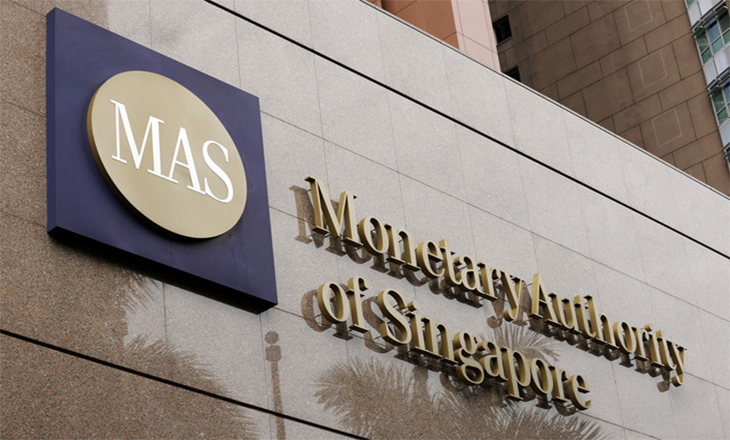Bank Indonesia (BI) and the Monetary Authority of Singapore (MAS) have established a bilateral financial arrangement of USD 10 billion equivalent. The arrangement will enable the two central banks to access foreign currency liquidity from each other, if needed, to preserve monetary and financial stability.
The bilateral financial arrangement, which will be in place for one year, comprises two agreements:
- A new local currency bilateral swap agreement that allows for the exchange of local currencies between the two central banks of up to SGD 9.5 billion or IDR 100 trillion (about USD 7 billion equivalent); and
- An enhanced bilateral repo agreement of USD 3 billion that allows for repurchase transactions between the two central banks to obtain USD cash using Government Bonds1 of major countries as collateral. This is an increase from the current size of USD 1 billion.
The two agreements were signed today by BI Governor Perry Warjiyo and MAS Managing Director Ravi Menon. This follows the earlier announcements by Indonesian President Joko Widodo and Prime Minister Lee Hsien Loong at the Singapore-Indonesia Leaders’ Retreat on 11 October 2018. The two leaders had asked BI and MAS to work out a bilateral financial arrangement that can serve to build confidence in each other’s economies.
Mr Warjiyo said:
The initiative reflects the strengthened bilateral monetary and financial cooperation between Singapore and Indonesia, and indicates the commitment of the authorities of Indonesia and Singapore to maintain financial stability amid the lingering uncertainty in the global financial market.
Mr Menon added:
Economic fundamentals in the regional economies remain sound. But markets can sometimes overreact in the face of heightened uncertainty. This bilateral financial arrangement will instil confidence amongst investors. It also reflects the close relationship between Indonesia and Singapore.
Additional information:
- A local currency bilateral swap agreement (LCBSA) is a common form of bilateral financial cooperation between central banks. Through such an agreement, a central bank can obtain foreign currency from another central bank in exchange for domestic currency at the prevailing exchange rate, with the agreement to reverse the transaction at the same exchange rate on a specified maturity date.
- A USD repurchase agreement (USD repo) between central banks allows a central bank to obtain USD from another central bank in exchange for government securities, with the agreement to reverse the transaction on a specified maturity date.
- Generally, the intent of these agreements is to support monetary and financial stability. For example, in the event of temporary foreign currency liquidity needs, a central bank can obtain USD through USD repos or other foreign currencies through LCBSAs. The additional foreign currency liquidity can be used to provide liquidity to the banking system, or to support the domestic currency during periods of volatility.
